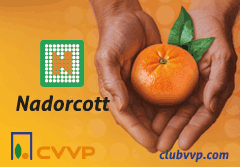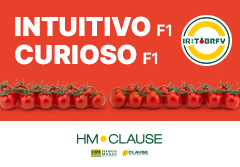The year 2024 was characterized by a significant scarcity of certified potato seed, largely due to adverse climatic factors. The lack of rainfall in major seed-producing countries, followed by intense rains at critical times, caused size imbalances, leading to an excess of oversized tubers unsuitable for planting. As a result, many farmers struggled to access seed at the right time.
This year, however, the situation has been different. In the Netherlands, rainfall has favored the formation of smaller sizes, resulting in improved planting performance. Nevertheless, the reduction of hectares dedicated to seed production in favor of crops for the processing industry remains a pressing issue.
In addition to seed availability volatility, other challenges include diseases and pests. As a result, seed companies have focused on genetic improvement to develop varieties with greater resistance.
RELATED NEWS: Potato consumption not linked to heart disease
This has led to the emergence of so-called “next-generation varieties”, designed to enhance disease resistance and improve adaptability to shifting climatic conditions.





















